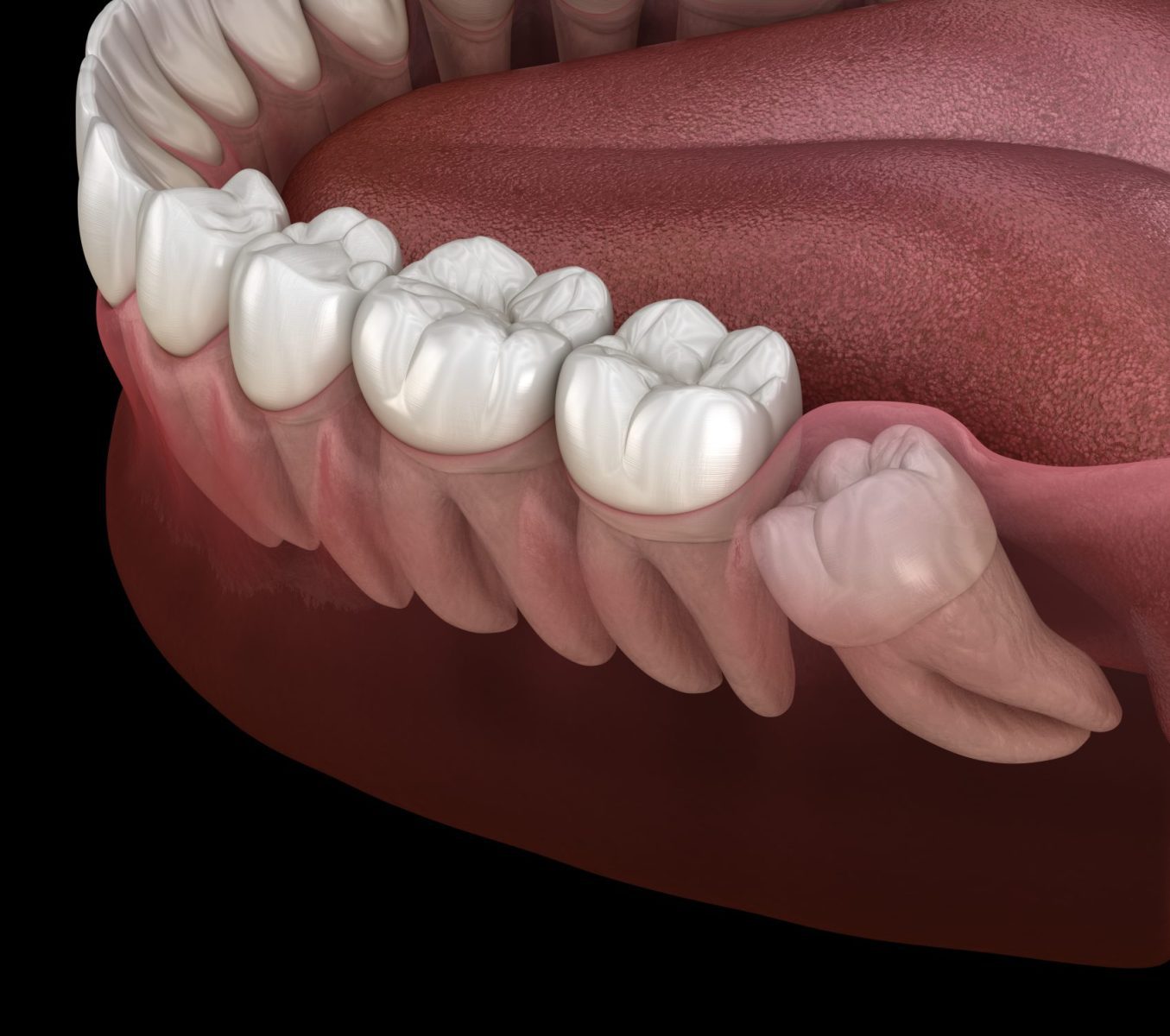
Wisdom Tooth Surgery – What To Do & What Not To Do
Wisdom tooth removal is a very common oral surgical procedure with about 85% of Americans removing their wisdom teeth at some point. Your wisdom teeth are your third set of molars that usually come in during your late teens or early twenties. There are a lot of different situations that can happen when it comes to these teeth all of which can be detected by your dentist who will inform you of your specific situation and what they recommend should be done about your wisdom teeth. More often than not, a wisdom tooth removal surgery is recommended to protect your oral health. Wisdom tooth removal is more complex than your typical dental visit and it helps to be well informed beforehand to ease any concerns you may have and know exactly what to expect.
What to Expect With Recovery
As a surgical procedure there are some protocols you will want to be aware of when it comes to your recovery time which could last for up to two weeks. Here are some of the highlights:
- Swelling- you will most likely experience some swelling in your mouth and cheeks. The swelling will be worse at first but should gradually get better each day. A cold compress to the area can help relieve swelling.
- Bruising- some minor bruising can occur on your face from surgery that could last up to two weeks
- Stiffness and pain- a stiff or sore jaw and some pain should be expected after the procedure
- Tingling or numbness- while uncommon, some people may experience tingling or numbness from the surgery
What You Can Do
There are a few things you can do after your wisdom teeth removal that can help with any recovery symptoms.
- Painkillers- painkillers can be used as directed to help with pain and swelling after your surgery. Some experts have suggested that ibuprofen is the best choice after wisdom teeth removal
- Pillows- you can use extra pillows at night to better support your head and help make sleeping more comfortable after surgery
- Eating- you will want to eat soft or liquid foods for a few days after your procedure as well as doing your best to chew with your other teeth
- Antiseptic rinse- 24 hours after surgery you will want to start rinsing with an antiseptic rinse or a warm water and salt mouthwash. You can repeat this regularly over the next few days
What Not To Do
There are some things you will want to make sure you don’t do after surgery, including:
- No strenuous activity for a few days
- Avoid smoking or drinking for alcohol for at least 24 hours
- Its best to take a day or two off of work for recovery
- No driving for 24 hours if a sedative was used
- No driving for 48 hours if a general anesthetic was used
Distinctive Dental
If you are in need of wisdom tooth removal, call us at Distinctive Dental! We would be happy to answer all of your questions and get you set up for your procedure.



